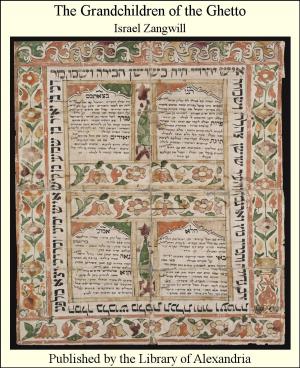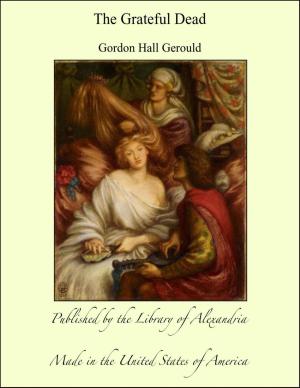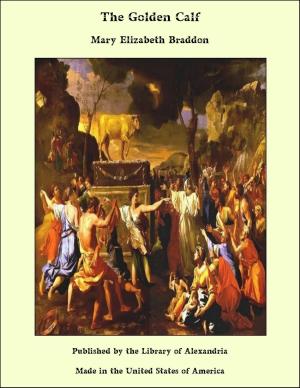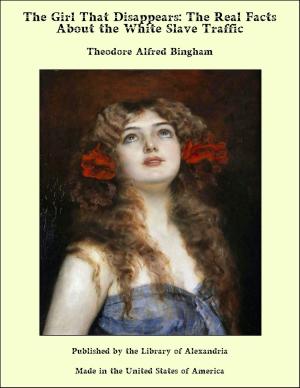| Author: | William Alfred Brend | ISBN: | 9781465590848 |
| Publisher: | Library of Alexandria | Publication: | March 8, 2015 |
| Imprint: | Language: | English |
| Author: | William Alfred Brend |
| ISBN: | 9781465590848 |
| Publisher: | Library of Alexandria |
| Publication: | March 8, 2015 |
| Imprint: | |
| Language: | English |
The custom of recording births, marriages, and deaths is of very ancient origin. In Genesis v. and xi. are given the births, ages, and deaths of the descendants of Adam to the birth of Noah, and from Noah to the twelve patriarchs. Moses counted the Israelites, and recorded the numbers of each of the tribes. Nehemiah, after the return from the Captivity in Babylon, says: "I found the book of the genealogy of them which came up at the first" (vii. 5). In Rome, a register of deaths (ratio Libitinæ) was kept in the temple of Libitina, the goddess of the dead, and a regulation, ascribed to Servius Tullius, required that for every death a piece of money, known as the lucar Libitinæ, should be deposited in the temple. Marcus Aurelius ordained that all free persons should give notice of a birth within thirty days, and a record of these was kept in the temple of Saturn. In medieval times, registers appear to have been kept in France as early as 1308, but not much can be learned about them. In Spain, Cardinal Ximenes in 1497 ordered registers to be kept in every parish, in order to terminate the disorders arising from the marriage of persons between whom there was spiritual affinity.
The custom of recording births, marriages, and deaths is of very ancient origin. In Genesis v. and xi. are given the births, ages, and deaths of the descendants of Adam to the birth of Noah, and from Noah to the twelve patriarchs. Moses counted the Israelites, and recorded the numbers of each of the tribes. Nehemiah, after the return from the Captivity in Babylon, says: "I found the book of the genealogy of them which came up at the first" (vii. 5). In Rome, a register of deaths (ratio Libitinæ) was kept in the temple of Libitina, the goddess of the dead, and a regulation, ascribed to Servius Tullius, required that for every death a piece of money, known as the lucar Libitinæ, should be deposited in the temple. Marcus Aurelius ordained that all free persons should give notice of a birth within thirty days, and a record of these was kept in the temple of Saturn. In medieval times, registers appear to have been kept in France as early as 1308, but not much can be learned about them. In Spain, Cardinal Ximenes in 1497 ordered registers to be kept in every parish, in order to terminate the disorders arising from the marriage of persons between whom there was spiritual affinity.















